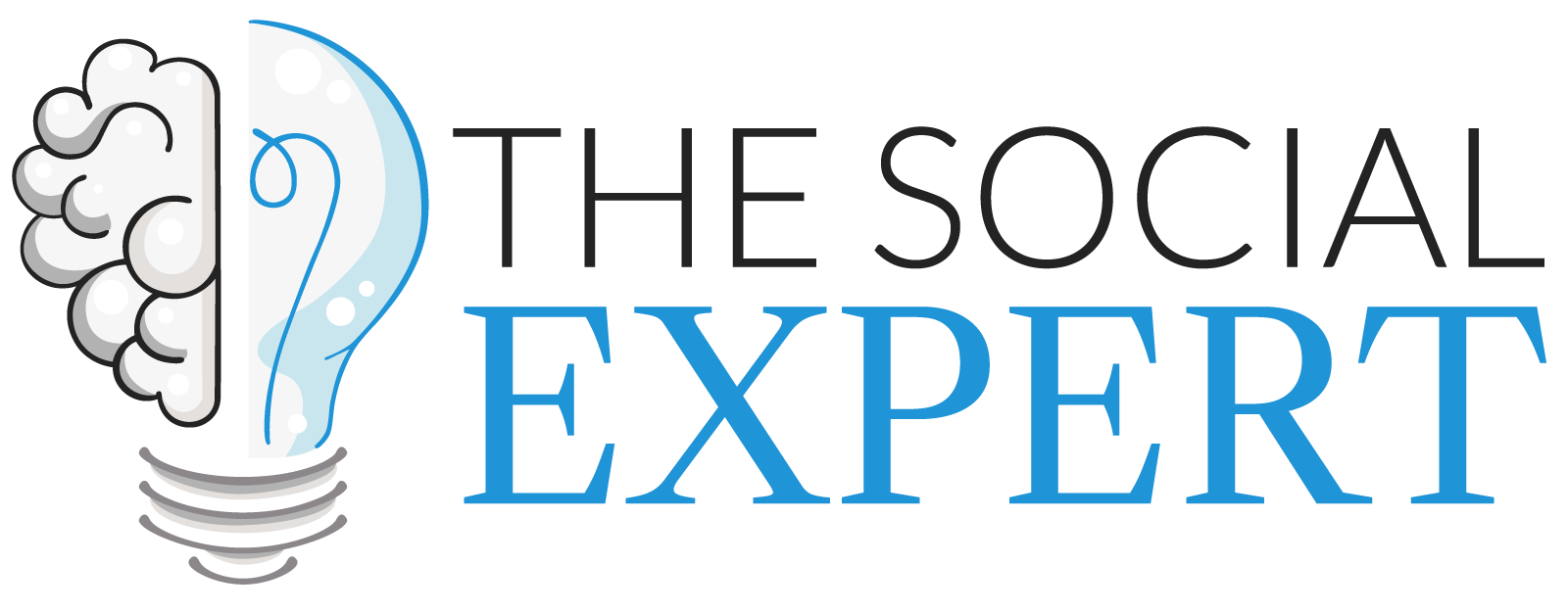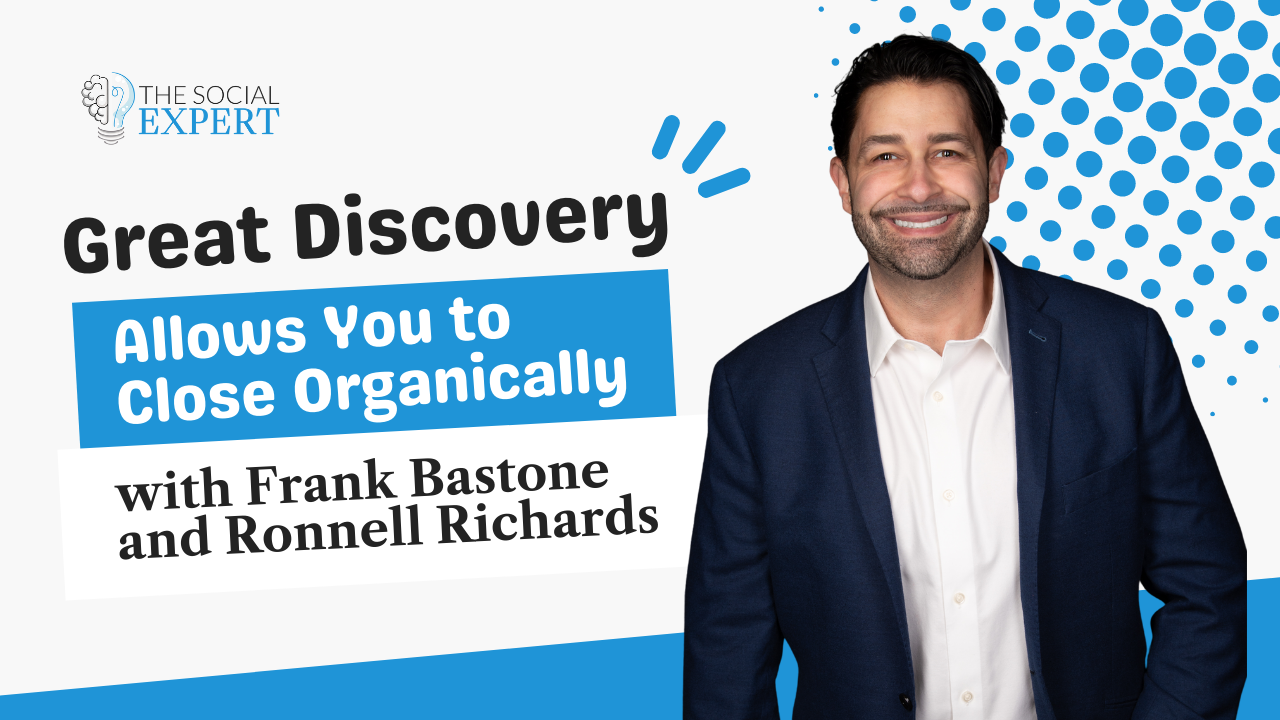The popularity of terms such as Human Resource Management, Employee Relations, or Personnel Management has drastically increased. Media uses them more, experts use them all the time, and even those who have nothing to do with the topic started using them, or at least heard about them. From casual courses to academic classes, everybody is talking about HRM.
Although well-known in general, everything about this term points to the fact that the field of HRM is more nuanced and complex despite its popularity.
We have dedicated this blog post to help you understand and learn more about Human Resource Management (HRM) and how it works.
What Is HRM and How Does It Work?
Human Resource Management (HRM) is directly linked with all concerns affecting the people in a company. It captures and covers all aspects of hiring, compensation, recruitment, policy administration, performance management, interaction, training, and job satisfaction. In addition, HR managers add massive value to their companies by mastering guidance and support, providing other professional help, and monitoring benefits and social opportunities.
Human Resources Management (HRM) is responsible for reinforcing internal culture and achieving the company’s goals as an operational and strategic approach to managing teams and their workplace culture.
For instance, when hiring new employees, you want people who will be content, stay longer, and be more efficient than those who will not fit into the company’s culture.
Engagement can be another example. Employees who try to be more engaged and do their best to deliver higher-quality work will contribute to a better outcome for the company. HRM can find ways to stimulate employees’ engagement in the workplace by helping the company simultaneously.
For example, you have two marketing employees, one constantly delivering high-quality content while the other is slacking at work. HR can get involved by rewarding the first employee while trying to find a way to motivate the other employee or resort to more decisive measures.
The HR department offers insights, tools, expert assistance, coaching, development of workplace policies, and administration, which are critical to a company’s success and advancement.
HR department managers assist in recruiting new professionals with the necessary skills to advance the company’s goals. They also play an essential role in encouraging present employees to accomplish objectives.
On top of that, HR managers can keep an eye on the job market to keep the company competitive. By competitive, we refer to the tailored job responsibilities to the market conditions, such as wages and benefits distributed equitably among employees, planning activities, or attending seminars for their best interest.
What Are the HRM Principles?
The HRM department has changed substantially since the task-oriented administration structure of the 1980s. Today, every forward-thinking company regards it as a strategy-focused extension.
The Human Resouces Management department thrives on the following principles:
Dedication
Job security is one aspect that the Human Resources Management (HRM) department strives to address. Many employees know they must demonstrate devotion to the company and job responsibilities to ensure job security.
Human Resource Management (HRM) aims to implement procedures to ensure that staff work outcomes correspond to the company’s goals. As a result, the company will provide long-term employment for the staff. For instance, regular training, performance evaluations, and goal-setting initiatives reflect the company’s long-term commitment to its employees.
Competence
One of the most important aspects of a company’s growth and development is competence. It’s also a factor in how satisfied workers are at work and how much the company contributes to society. Therefore, employee proficiency is critical to a company’s success.
The Human Resources Management (HRM) department attempts to keep staff competent by providing training opportunities. It also organizes orientation seminars to learn about the company’s objectives and vision.
What Are the Objectives of HRM?
The Human Resources Management (HRM) objectives fall into four categories:
- Organizational objectives
- Social objectives
- Functional objectives
- Personal objectives
Organizational Objectives
The organization’s effectiveness was ensured by taking specific actions. Organizational objectives include staff training, recruiting the correct number of people for the job, and keeping high employee engagement and retention.
Social Objectives
Measures are in place to address the company’s and its personnel’s ethical and social requirements or challenges. For example, legal issues include equal opportunity and equal compensation for similar efforts.
Functional Objectives
Human Resources Management guidelines help keep all company departments running smoothly. It involves ensuring that all HRM’s resources reach their maximum potential.
Personal Objectives
Employees’ aspirations are supported by HRM as well. For example, offering education or professional advancement opportunities and preserving job satisfaction are part of Human resources management duties.
What Are the Key Responsibilities of an HR Manager?
Human Resources experts are in charge of the day-to-day execution of HR-related tasks. Although almost every large or medium-sized company has an HR department, the structure and nature of individual positions in human resource departments may differ. For example, when the company needs more employees, HR managers will recruit them.
HR managers will also oversee the redundancy process for unwanted staff if necessary. On the other hand, HRM may be under the competence of the line manager in a smaller company. As the work may divert their attention away from their regular responsibilities, the company may eventually need to hire an HR manager or coach an existing employee to fill that position.
The HRM’s position requires training employees in best practices and preparing them for advancement within the company. The HR manager is an essential role. If existing employees are not kept and trained continuously, it will hinder the company’s growth.
Members of the HRM department incorporate the resources, training, management assistance and supervision, and administrative support that the rest of the company requires to operate successfully. Experience is tough to come by, and having people on board who already have the requisite abilities minimizes many problems in the future.
Training existing employees is less expensive than hiring and training new ones.
The Human Resources Manager also ensures that the company is a pleasant place to work. An HR manager is responsible for:
- Supporting present and future company requirements by investing in human capital growth, engagement, and motivation
- Developing and supervising the company’s overall HR strategic plan, processes, and tactics
- Managing the recruitment and selection process
- Creating clear policies and ensuring that everyone is aware of them
- Keeping the privacy of employees and the workplace as well
- Promote a positive working atmosphere
- Training, counseling, and coaching of other employees
- Conducting performance and maintaining the pay plan
- Lead and manage a high-performance management system
- Giving informative and entertaining presentations
- Keeping track of workplace health and safety compliance and reporting on it
- Coaching a group of junior HR managers
Hiring a company’s employees, identifying talent gaps, promoting opportunities, analyzing potential candidates, and employing top staff are just a few primary responsibilities of a Human Resource Management (HRM).
Human Resource Management is responsible for more than just hiring new personnel; it also handles redundancy for companies looking to reduce their workforce. HRM is also in charge of training programs to acquaint new employees with the company’s mission, goals, and policies. In general, Human Resource Management ensures the efficient performance of a company’s employees. Its function is now supposed to bring value to strategic employee utilization and ensure that employee programs suggested and performed will affect the company in good measurable ways.
The evolution of HRM entails contributing to the company’s objectives and measuring and demonstrating value through metrics. As with other company assets, the goal is to get the most out of employees while reducing risk and increasing return on investment (ROI).




